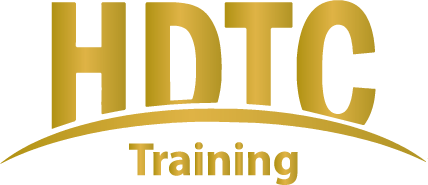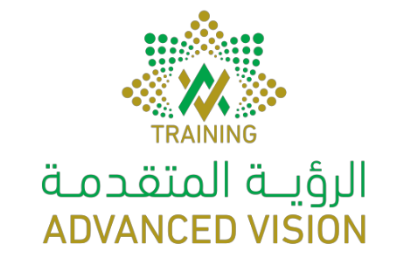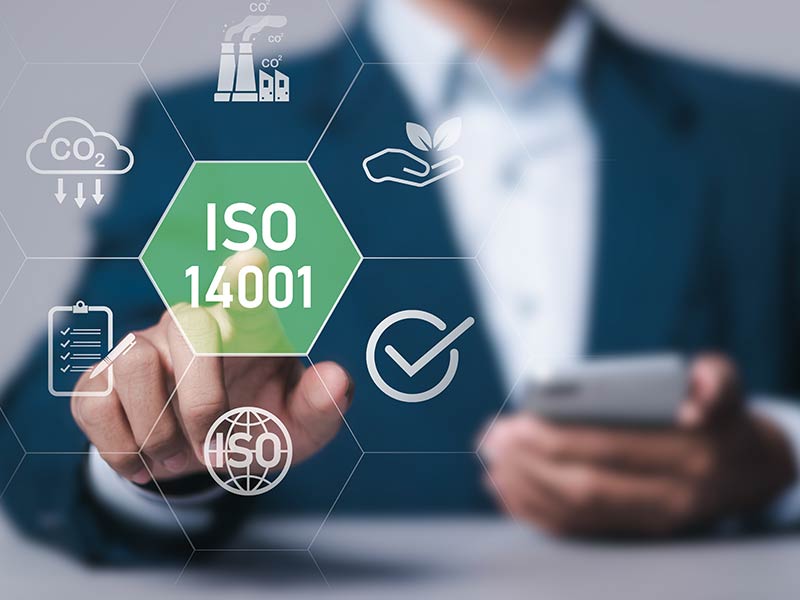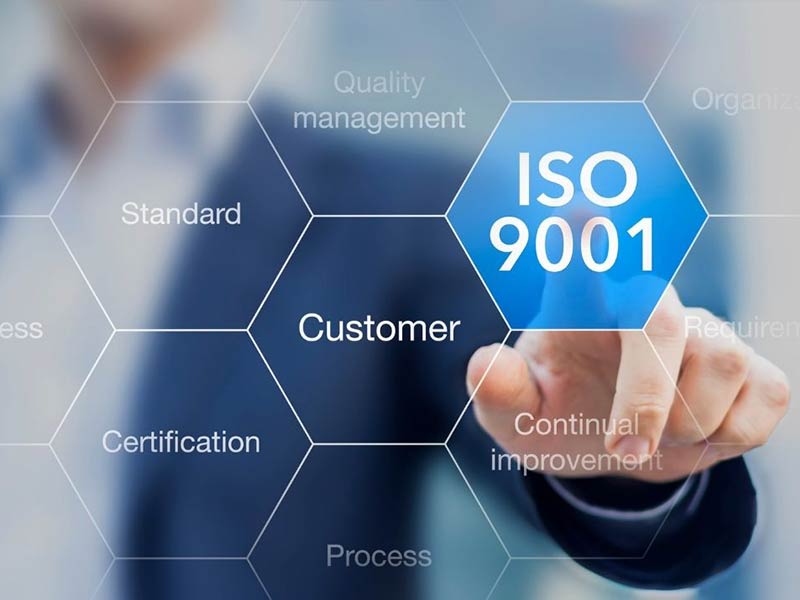
Professional E-commerce Business Diploma
The Professional E-commerce Business Diploma program is designed to equip individuals with the knowledge and skills necessary to thrive in the dynamic world of e-commerce. With the continuous growth of online shopping and digital transactions, businesses need professionals who understand the intricacies of running successful e-commerce operations. This program provides a comprehensive understanding of e-commerce strategies, technologies, and best practices, enabling participants to confidently navigate the e-commerce landscape and achieve business success.
Course Info
- Develop a Strong Foundation in E-commerce: Gain a deep understanding of the fundamentals of e-commerce, including business models, market research, customer behavior, and payment systems. Learn how to plan and launch an e-commerce business effectively.
- Master E-commerce Website Development: Acquire the skills to design, develop, and manage e-commerce websites. Learn about user experience (UX) design, conversion rate optimization (CRO), responsive design, and mobile commerce.
- Implement E-commerce Marketing Strategies: Learn how to attract and engage customers through effective e-commerce marketing techniques. Understand search engine optimization (SEO), social media marketing, content marketing, email marketing, and paid advertising in the context of e-commerce.
- Optimize E-commerce Operations and Logistics: Gain insights into streamlining e-commerce operations, inventory management, order fulfillment, and shipping processes. Understand the importance of supply chain management and customer service in e-commerce.
- Utilize E-commerce Analytics and Data Insights: Learn to leverage data analytics tools to track and analyze e-commerce performance metrics. Understand how to use data-driven insights to optimize marketing strategies, improve conversions, and enhance customer experiences.
- Develop E-commerce Security and Trust: Understand the importance of e-commerce security measures to protect customer data and build trust. Learn about secure payment gateways, SSL certification, fraud prevention, and compliance with data protection regulations.
- Explore International E-commerce Opportunities: Learn about international e-commerce practices and strategies. Understand cross-border trade, localization, international payment methods, and cultural considerations for global e-commerce expansion.
- Understand E-commerce Legal and Ethical Considerations: Learn about legal and ethical aspects of e-commerce, including privacy regulations, intellectual property rights, customer data protection, and ethical marketing practices.
- Implement E-commerce Customer Relationship Management (CRM): Understand the role of CRM systems in managing customer relationships, enhancing customer satisfaction, and driving repeat business. Learn about customer segmentation, personalization, and loyalty programs.
- Stay Updated with E-commerce Trends: Keep abreast of the latest trends and emerging technologies in the e-commerce industry, such as mobile commerce, voice commerce, artificial intelligence (AI), and augmented reality (AR).
Introduction to E-commerce
- Definition and evolution of e-commerce
- Importance and benefits of e-commerce for businesses
- Overview of e-commerce business models
E-commerce Strategies and Planning
- Market research and competitor analysis
- Identifying target audience and customer segmentation
- Developing an e-commerce business plan and strategy
E-commerce Website Development
- User experience (UX) design principles for e-commerce
- E-commerce platform selection and customization
- Responsive design and mobile commerce considerations
- Conversion rate optimization (CRO) techniques
E-commerce Marketing Techniques
- Search engine optimization (SEO) for e-commerce websites
- Social media marketing and advertising strategies
- Content marketing and blogging for e-commerce
- Email marketing and customer relationship management (CRM)
- Paid advertising and remarketing campaigns
E-commerce Operations and Logistics
- Inventory management and order fulfillment processes
- Shipping and delivery options for e-commerce businesses
- Customer service and managing returns and exchanges
- Supply chain management and vendor relationships
E-commerce Analytics and Performance Tracking
- Key performance indicators (KPIs) for e-commerce
- Tracking and analyzing website traffic and user behavior
- Utilizing data analytics tools for e-commerce insights
- A/B testing and optimization strategies
E-commerce Security and Trust
- Importance of secure payment gateways and SSL certification
- Fraud prevention and data protection measures
- Privacy regulations and compliance considerations
- Building trust with customers through transparency and customer reviews
International E-commerce and Global Expansion
- Cross-border trade considerations and localization strategies
- International payment methods and currency exchange
- Cultural considerations and adapting to global markets
Legal and Ethical Issues in E-commerce
- Intellectual property rights and copyright protection
- Privacy regulations and data protection laws
- Ethical marketing practices and consumer protection
Emerging Trends in E-commerce
- Mobile commerce and responsive design advancements
- Voice commerce and virtual assistants
- Artificial intelligence (AI) and chatbots in e-commerce
- Augmented reality (AR) and virtual reality (VR) experiences
Capstone Project
- Apply acquired knowledge and skills to develop an e-commerce business plan
- Present and defend the e-commerce strategy and implementation plan
- Acquire a broad knowledge of international business management.
- Enhance your project management and leadership skills.
- Develop digital proficiency in using the class digital magazine.
- Network with industry experts and like-minded classmates.
- improve your employability and career prospects.
- Get to grips with subject-specific terminology
- Apply creative and strategic thinking to real-world problems.
- Gain a global perspective on project management practices.
- Attain a certificate, showcasing your understanding of international business.
- Entrepreneurs and Business Owners: Individuals wanting to launch or expand an e-commerce business need comprehensive knowledge of e-commerce strategies, technologies, and best practices.
- Marketing and Sales Professionals: Individuals seeking to enhance their skills in e-commerce marketing, customer acquisition, and conversion optimization.
- E-commerce Managers and Administrators: Professionals managing and overseeing e-commerce operations, including website development, marketing, logistics, and customer service.
- Graduates and Students: Recent graduates or students aspiring to build a career in the e-commerce industry and seeking specialized knowledge and skills.
There are no specific eligibility criteria for the Professional E-commerce Business Diploma program. It is open to individuals from diverse educational and professional backgrounds. Basic computer literacy, familiarity with the internet, and a keen interest in e-commerce are recommended
E-commerce has revolutionized how businesses operate, making it crucial for professionals to possess specialized knowledge and skills in this field. The Professional E-commerce Business Diploma program equips individuals with the expertise to navigate the complex e-commerce landscape, enabling them to establish and grow thriving online businesses. By understanding e-commerce strategies, technologies, and best practices, participants can drive sales, improve customer experiences, and stay ahead of the competition in the rapidly evolving digital marketplace.
Upon completion of the Professional E-commerce Business Diploma program, participants can pursue a range of career opportunities in the e-commerce industry, including:
- E-commerce Manager
- E-commerce Specialist/Executive
- E-commerce Consultant
- Online Store Manager
- E-commerce Marketing Manager
- E-commerce Website Developer
- E-commerce Analyst
- E-commerce Entrepreneur
Course Focus:
- Covers e-commerce strategies, digital marketing, online consumer behavior, web design, and legal issues.
Exam Format:
- Multiple-choice, short answers, case studies, and possibly practical assessments.
Course Outlines 0
- Develop a Strong Foundation in E-commerce: Gain a deep understanding of the fundamentals of e-commerce, including business models, market research, customer behavior, and payment systems. Learn how to plan and launch an e-commerce business effectively.
- Master E-commerce Website Development: Acquire the skills to design, develop, and manage e-commerce websites. Learn about user experience (UX) design, conversion rate optimization (CRO), responsive design, and mobile commerce.
- Implement E-commerce Marketing Strategies: Learn how to attract and engage customers through effective e-commerce marketing techniques. Understand search engine optimization (SEO), social media marketing, content marketing, email marketing, and paid advertising in the context of e-commerce.
- Optimize E-commerce Operations and Logistics: Gain insights into streamlining e-commerce operations, inventory management, order fulfillment, and shipping processes. Understand the importance of supply chain management and customer service in e-commerce.
- Utilize E-commerce Analytics and Data Insights: Learn to leverage data analytics tools to track and analyze e-commerce performance metrics. Understand how to use data-driven insights to optimize marketing strategies, improve conversions, and enhance customer experiences.
- Develop E-commerce Security and Trust: Understand the importance of e-commerce security measures to protect customer data and build trust. Learn about secure payment gateways, SSL certification, fraud prevention, and compliance with data protection regulations.
- Explore International E-commerce Opportunities: Learn about international e-commerce practices and strategies. Understand cross-border trade, localization, international payment methods, and cultural considerations for global e-commerce expansion.
- Understand E-commerce Legal and Ethical Considerations: Learn about legal and ethical aspects of e-commerce, including privacy regulations, intellectual property rights, customer data protection, and ethical marketing practices.
- Implement E-commerce Customer Relationship Management (CRM): Understand the role of CRM systems in managing customer relationships, enhancing customer satisfaction, and driving repeat business. Learn about customer segmentation, personalization, and loyalty programs.
- Stay Updated with E-commerce Trends: Keep abreast of the latest trends and emerging technologies in the e-commerce industry, such as mobile commerce, voice commerce, artificial intelligence (AI), and augmented reality (AR).
E-commerce has revolutionized how businesses operate, making it crucial for professionals to possess specialized knowledge and skills in this field. The Professional E-commerce Business Diploma program equips individuals with the expertise to navigate the complex e-commerce landscape, enabling them to establish and grow thriving online businesses. By understanding e-commerce strategies, technologies, and best practices, participants can drive sales, improve customer experiences, and stay ahead of the competition in the rapidly evolving digital marketplace.
- Acquire a broad knowledge of international business management.
- Enhance your project management and leadership skills.
- Develop digital proficiency in using the class digital magazine.
- Network with industry experts and like-minded classmates.
- improve your employability and career prospects.
- Get to grips with subject-specific terminology
- Apply creative and strategic thinking to real-world problems.
- Gain a global perspective on project management practices.
- Attain a certificate, showcasing your understanding of international business.
- Entrepreneurs and Business Owners: Individuals wanting to launch or expand an e-commerce business need comprehensive knowledge of e-commerce strategies, technologies, and best practices.
- Marketing and Sales Professionals: Individuals seeking to enhance their skills in e-commerce marketing, customer acquisition, and conversion optimization.
- E-commerce Managers and Administrators: Professionals managing and overseeing e-commerce operations, including website development, marketing, logistics, and customer service.
- Graduates and Students: Recent graduates or students aspiring to build a career in the e-commerce industry and seeking specialized knowledge and skills.
There are no specific eligibility criteria for the Professional E-commerce Business Diploma program. It is open to individuals from diverse educational and professional backgrounds. Basic computer literacy, familiarity with the internet, and a keen interest in e-commerce are recommended
